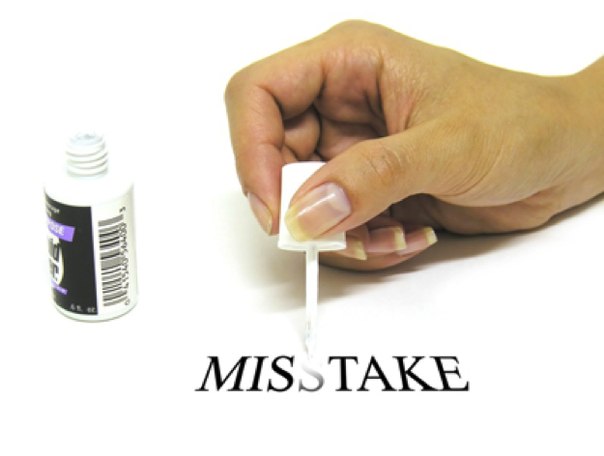As a writer, there’s always one person standing in your way between coming up with your ideas and publishing your work: Ed (aka – your editor). Your editor has the power to give you work – and to take it away from you. If you don’t want to lose out on the job, here are five mistakes you must avoid making at all costs.

Missing the Deadline
This should be an obvious pitfall to avoid, but unfortunately lots of writers make this grave error. Your editor gave you a deadline for a reason. If you don’t make it, then you’re not doing your job. As a writer, it is your responsibility to get your work done on time. If you’re a procrastinator, you’re playing with fire, because if something happens that prevents you from completing your work on time, your editor isn’t going to want to hear your excuses.
Getting the Facts Wrong
This is another thing that’s just inherent in your job description as a writer – what you write must be true. Totally true. Obviously, this doesn’t apply to fiction writers. For nonfiction writers, anything you include in a story or article must be accurate. You should always triple-check your facts, and be able to produce a source for your information if it’s questioned. Publishing inaccurate information and false facts puts your and your editor’s credibility at risk.
Getting Too Personal
Your editor is your boss. Getting too personal is a bad idea, just as it is in any workplace. When you’re collaborating creatively, it’s sometimes easy to begin divulging a lot of personal information or opinions. Whatever you do, keep things professional. Avoid offending your editor or pushing them away by trying to get too close. If you cross any boundaries, the editor isn’t likely to want to work with you anymore after that. Also, you must never take your editor’s decisions personally, or it will also make you undesirable to continue working with.
Getting Too Mad
If your editor makes a decision you don’t like, it’s going to make you upset. Some writers, however, make the mistake of throwing a fit, arguing about it, or just plain telling off their editors. This is a bad idea, and it’s unprofessional. Your editor gets to make the final decisions, and you’re definitely not going to change their mind by getting loud and angry. Always remain calm, try to discuss your objections rationally, and know when it’s time to just let go of the issue.
Not Proposing Ideas
In most cases, it is your job as a writer to come up with the majority of your ideas. Your editor might have assignments for you, but it’s still your job to decide how to go about completing them and producing a finished project. Don’t ask too many questions; show your editor that you have common sense and the ability to come up with original, good ideas. When one job is completed, if your editor doesn’t have another one waiting for you, suggest one, or you may get nothing.
Elain Valentine is a student at the University of Texas and a writing tutor who knows how to write well and keep her work mistake free. She loves to blog about everything from literary analysis to the best grammar checkers available.

